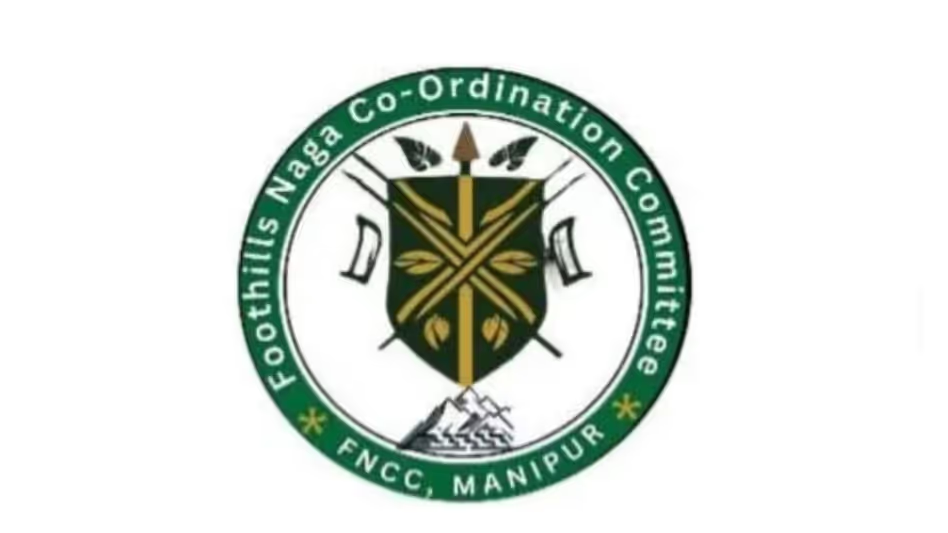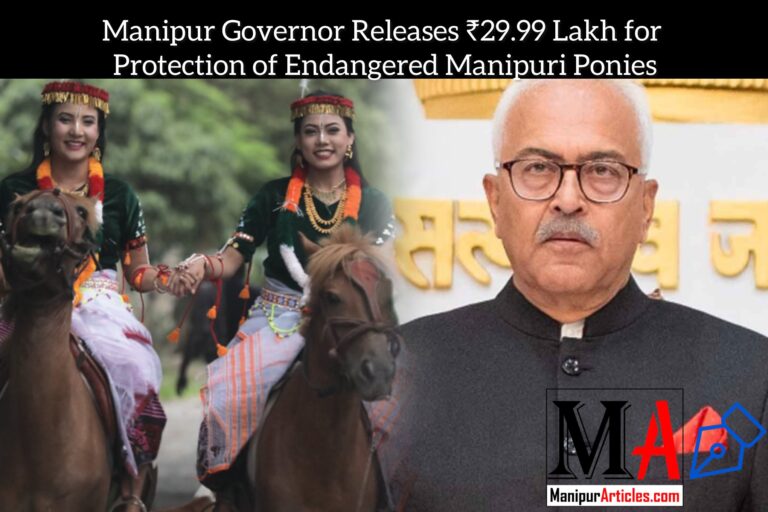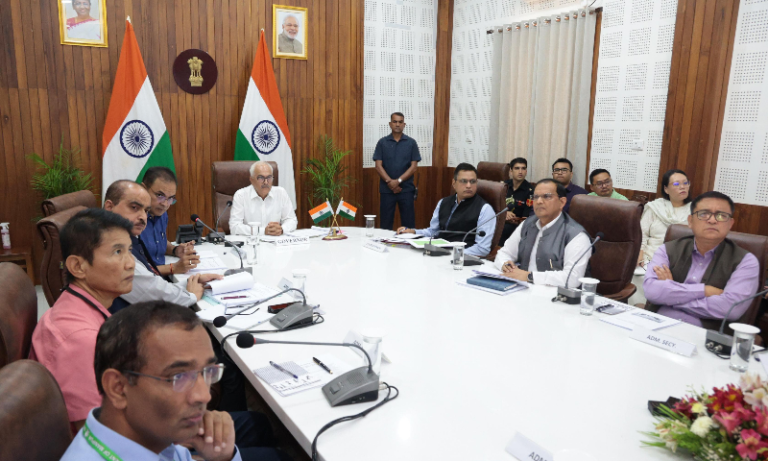Manipur: FNCC Opposes Kuki Militant Camps in Ancestral Territories — Memo to PM Modi
The Foothills Naga Coordination Committee (FNCC) has formally submitted a memorandum to Prime Minister Narendra Modi objecting to proposals to establish designated camps for Kuki militant groups in parts of Kangpokpi district it describes as undisputed Naga ancestral territory. The memo (dated September 9, 2025) named specific sites — Kharam Vaiphei, J. Thomkholui and Sijang — and accused groups such as KNF/MC, KNF/P, KRA and KNA of running illicit camps, extortion rackets (allegedly collecting around ₹40 lakh daily), drug and arms trafficking, and abusing IDP relief mechanisms. FNCC demanded cancellation of the camp plan, eviction of armed groups from Naga lands, verification of IDP lists, and central intervention to prevent a possible escalation.
What the FNCC memo says (point-by-point)
- Opposition to Camp Locations: FNCC objects to proposed camps at Kharam Vaiphei, J. Thomkholui and Sijang — sites it calls “undisputed Naga ancestral territories.” They want the plan scrapped immediately.
- Allegations against Specific Militants: The memo names groups — KNF/MC, KNF/P, KRA, KNA — alleging they run illegal camps and extortion networks.
- Extortion & Criminal Activity: FNCC claims these groups collect upward of ₹40 lakh per day through extortion and are involved in drug trafficking, arms smuggling, abduction, and harassment of civilians. Harrowing figure, if true — and that’s the kind of claim that demands rapid verification.
- Security Forces’ Role Questioned: The memo alleges that some armed groups move openly “with sophisticated weapons under the silent watch of security forces,” prompting uncomfortable questions about either capability or collusion.
- IDP Relief Camps Misuse: FNCC alleges many internally displaced persons (IDP) camps are empty but are temporarily “repopulated” during official visits to tap government aid — something they label a deliberate “population expansion strategy.”
- Demands: Cancel the separate administration plan (if any), verify IDP lists, deport illegal immigrants/Kuki refugees as FNCC defines them, evict armed groups from Naga lands, and hold security forces accountable if found inactive or complicit. Finally, they urged the PM to step in quickly to prevent destabilization.
FAQs
Q1: Who is the Foothills Naga Coordination Committee (FNCC) and why does their memo matter?
A1: The FNCC is a coordination body representing Naga interests in the foothill regions. Their memo matters because it alleges serious security and administrative issues — naming sites and groups — and asks the Prime Minister to intervene, which escalates a local grievance into a national issue.
Q2: Which locations in Kangpokpi does the memo mention?
A2: The memo specifically names Kharam Vaiphei, J. Thomkholui and Sijang as proposed sites for Kuki militant camps that the FNCC says are Naga ancestral territories. Verification of the status of these locations is critical.
Q3: Are the allegations about extortion and drug trafficking verified?
A3: As of the FNCC memo, these are allegations reported by the committee. Independent verification by neutral agencies or a fact-finding team would be necessary to establish their accuracy. The memo claims extortion collections of about ₹40 lakh daily, which is a severe allegation that requires investigation.
Q4: How does this interact with the Suspension of Operations (SoO) agreements with Kuki groups?
A4: SoO agreements usually require managing the presence of cadres and designated locations; relocation or formalization of camps can raise territorial sensitivities. The Centre’s attempts to implement SoO terms can therefore clash with local land and identity claims, complicating peacebuilding.
Q5: What immediate steps should authorities take to reduce tensions?
A5: Recommended immediate steps include ordering an independent verification of the memo’s claims, suspending any camp relocations pending results, publishing IDP and land records for transparency, bringing both sides to the mediation table, and ensuring humanitarian aid remains strictly need-based and audited.



